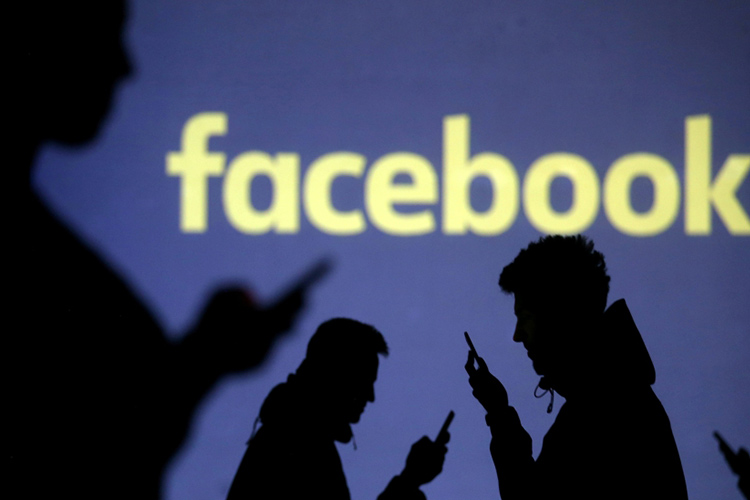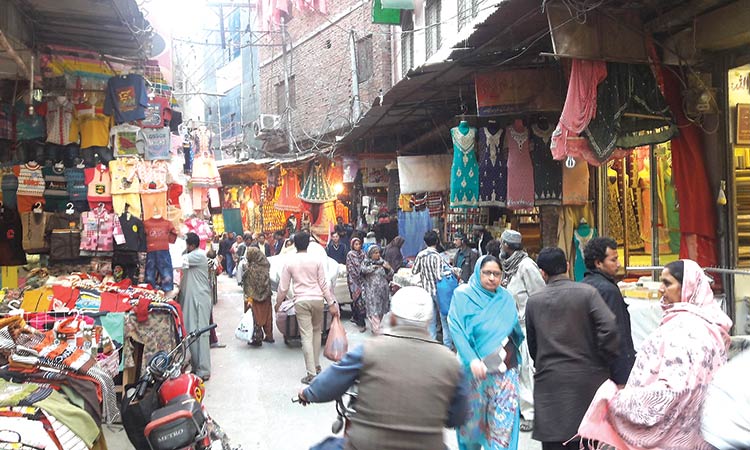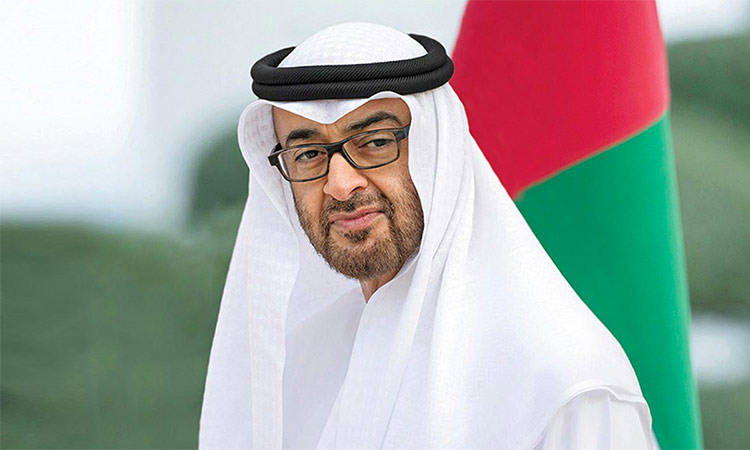Blocked social media accounts not controlled by army: ISPR

Four Facebook and more than 20 Twitter accounts belonging to members of the Pakistan Cyber Force have been shuttered in the past two months.
Tariq Butt / Reuters
ISLAMABAD: The Inter-Services Public Relations (ISPR) is said to have approached Facebook to express its reservations over the social media giant’s claims to block accounts linked to military.
The blocked accounts were not controlled by ISPR and to call them “ISPR-managed” was disappointing, TV channels said quoting unnamed ISPR sources.
They added that Facebook had itself admitted that no questionable content was shared from the accounts.
The channels said the ISPR not only denied backing or employing the people behind the removed pages, accounts and groups but also questioned Facebook claims that the military was behind those accounts.
The ISPR also raised questions over Facebook’s act of removing accounts highlighting the Kashmir issue and supporting Pakistan’s armed forces’ struggle.
The ISPR urged the social media giant to open its office in Pakistan for “better understanding of the situation” on ground.
The Facebook had made the announcement on April 1 and had said that the 24 pages, 57 accounts and 7 groups removed on Facebook had more than 2.8 million followers.
“Today we removed 103 pages, Groups and accounts for engaging in coordinated inauthentic behaviour on Facebook and Instagram as part of a network that originated in Pakistan,” Nathaniel Gleicher, Facebook’s head of cybersecurity, had said in a statement released on April 1, adding that they were linked to the ISPR.
Sometime back, ISPR chief Maj-Gen Asif Ghafoor has urged certain persons using social media not to spread hatred against the Pakistan army and recognise its sacrifices in the war against terrorism.
Pakistani social media campaigner Hanzala Tayyab leads about 300 ultra-nationalist cyber warriors fighting an internet war with India, in a battle that is increasingly sucking in global tech giants such as Twitter and Facebook.
Tayyab, 24, spends his days on Facebook and encrypted WhatsApp chatrooms organising members of his Pakistan Cyber Force group to promote anti-India content and make it go viral, including on Twitter where he has more than 50,000 followers.
That ranges from highlighting alleged Indian human rights abuses to lionising insurgents battling Indian security forces in Kashmir, a disputed Himalayan region at the heart of historic tensions between Pakistan and India.
Tayyab’s job became harder on Monday when the Pakistan Cyber Force’s Facebook account was taken down, one of 103 Pakistani accounts the social media giant said it had deleted because of “inauthentic behaviour” and spamming. Some Indian nationalist accounts have also been suspended in recent weeks.
Portraying himself as an online combatant defending Pakistan from India’s attempts to destabilise his country, Tayyab plans to continue playing his role in the broader information war being fought between the nuclear-armed foes.
“We are countering the Indian narrative through social media, we are countering the enemies of Pakistan,” Tayyab told Reuters in the capital Islamabad.
With a combined population of 1.5 billion, India and Pakistan are hot growth markets for Facebook and Twitter, say analysts.
But with many rival ultra-nationalist and extremist groups in the region using Facebook and Twitter platforms to advance their political agenda, both companies face accusations of bias whenever they suspend accounts.
Four Facebook and more than 20 Twitter accounts belonging to members of the Pakistan Cyber Force have been shuttered in the past two months, according to Tayyab, who is still angry at Twitter for shutting down his previous personal account in 2016.
A Twitter spokeswoman said: “We believe in impartiality and do not take any actions based on political viewpoints.”
A Facebook spokesperson told Reuters the company did not remove the Pakistani accounts because of Indian government pressure, but because people behind them coordinated with one another and used fake accounts to misrepresent themselves.







